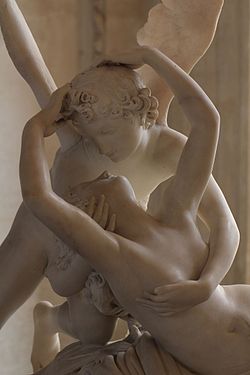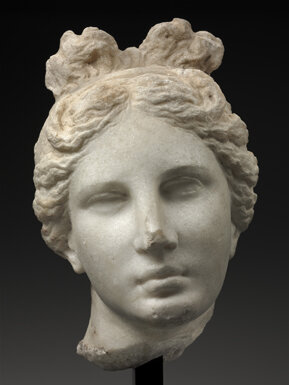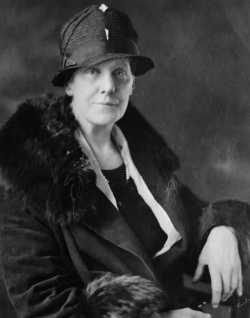Brief History: Originally written down in the 2nd Century CE (Common Era) by a Roman philosopher, this myth is the tale of how Aphrodite’s jealousy caused her to gain a daughter-in-law. The Goddess of Love ordered her son Eros (also known as Cupid, before he was drawn as a Cherub with a diaper) to make certain a young beauty named Psyche married the most hideous man Eros could find. Instead, Eros was careless (meaning he did it on purpose) and scratched himself with an arrow, resulting in his own love and marriage of Psyche. However, being a stuck-up god, Eros believed that a marriage between himself and a mortal could never work with 100% honesty. So, he only met with Psyche in the dark, informing her that if she ever looked upon him in the light he would leave. As always happens in this story, she is manipulated into holding a candle over Eros. Seeing that her husband was hella hot, Psyche got careless and dripped wax on him. Eros left her and in order to win him back she had to perform a series of tasks. The last task, a trap set by Aphrodite, resulted in Psyche’s death. Eros, having seen how sorry, brave, and determined his wife had been, appealed to Zeus to grant her immortality. And so Psyche was reborn as a goddess.
Analysis: So Eros is the embodiment of love (real love, not the mind games his mom played on men) and Psyche is the embodiment of the soul. The story is literally the marriage of heart and soul. It’s not just a jazz song the middle school kids learn at piano lessons.
Blame It on the Victorians: Victorians loves literature where women are punished for being curious or independent. Have I mentioned this before? I feel like I’ve mentioned this before. Although really it was the poets of the 19th century who felt the need to retell the story over and over again. Instead of the Victorians, it’s actually medieval monks who got their (I’m sure) grubby hands on this story and tried to turn it into a tale about punishment for (gasp) physical love. Psyche being seduced by her husband is the loss of soul in women instead of redemption of the original myth.
Last thoughts: This might have been a bit of a ploy to advertise an upcoming FSF project… just saying.








